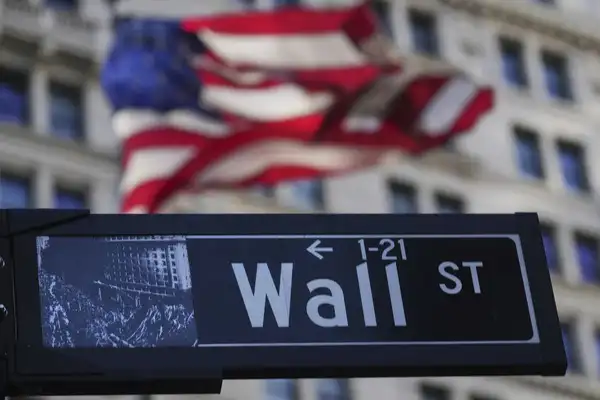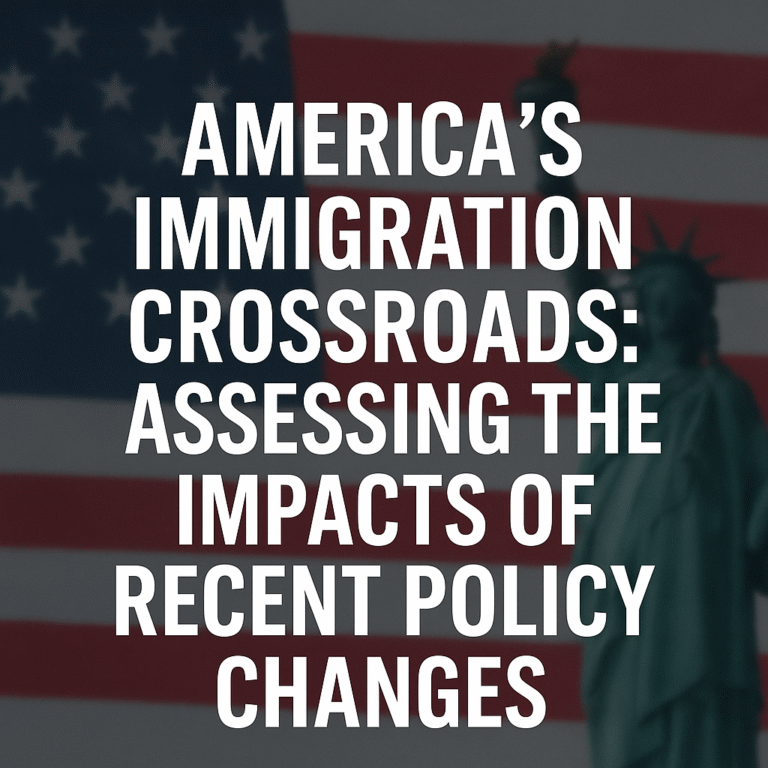
On April 9, 2025, U.S. stock markets experienced a significant surge following President Donald Trump’s announcement of a 90-day suspension of most tariffs, except for those on Chinese imports, which were increased to 125%. The S&P 500 soared 9.5%, the Dow Jones Industrial Average climbed nearly 8%, and the Nasdaq Composite jumped 12.2%, marking some of the most substantial single-day gains since World War II. Business Insider+4AP News+4NPR+4
Economists Warn of Ongoing Risks
Despite this temporary market rally, economists express concerns about the broader implications of the administration’s trade policies. The unilateral imposition of tariffs has been criticized as a significant economic misstep, with potential long-term consequences for both domestic and global economies. Center for American Progress
Analysts caution that the continuation of trade wars could lead to stagflation—a combination of stagnant economic growth and rising inflation. The increased tariffs are likely to elevate consumer prices, reduce business profits, and hinder investment. Additionally, retaliatory measures from trading partners may further impact U.S. exports and overall economic performance. Business Insider
Impact on American Consumers
The direct effect of escalating tariffs on American consumers is a significant concern. Higher tariffs on imports can lead to increased prices for a wide range of goods, from electronics to everyday necessities, thereby reducing consumers’ purchasing power. Although recent reports indicate a temporary cooling of inflation, economists warn that this trend may reverse as the full impact of tariffs materializes. Politico
Potential for Recession
The risk of a recession looms as trade tensions persist. Economists suggest that prolonged trade wars and policy unpredictability could destabilize economic growth, with some projections estimating a 40–50% chance of a recession, depending on future trade dynamics and policy decisions. Business Insider
White House Missteps and Public Perception
The administration’s handling of trade policies has been marked by abrupt shifts and internal miscommunications. For instance, the recent addition of journalist Jeffrey Goldberg to a White House Signal group chat raised questions about internal security protocols and decision-making processes. The Guardian
Furthermore, the administration’s characterization of China’s retaliatory tariffs as a “mistake” reflects a contentious stance that may exacerbate diplomatic tensions. C-SPAN
Conclusion
While the stock market’s recent gains provide a momentary reprieve, the underlying issues stemming from the administration’s trade policies pose significant risks to the U.S. economy. The potential for increased consumer prices, strained international relations, and a looming recession underscores the need for a more strategic and consistent approach to trade. As the situation evolves, it is imperative for policymakers to consider the long-term implications of their actions on the American populace and the global economic landscape.
Market Rebounds Amid Tariff Suspension
S&P 500 Has Best Day Since 2008 – Investopedia
TodayReutersUS stocks surge, dollar gains in dramatic relief rally as Trump …TodayAP NewsHow major US stock indexes fared Wednesday, 4/9/2025Today
Sources





